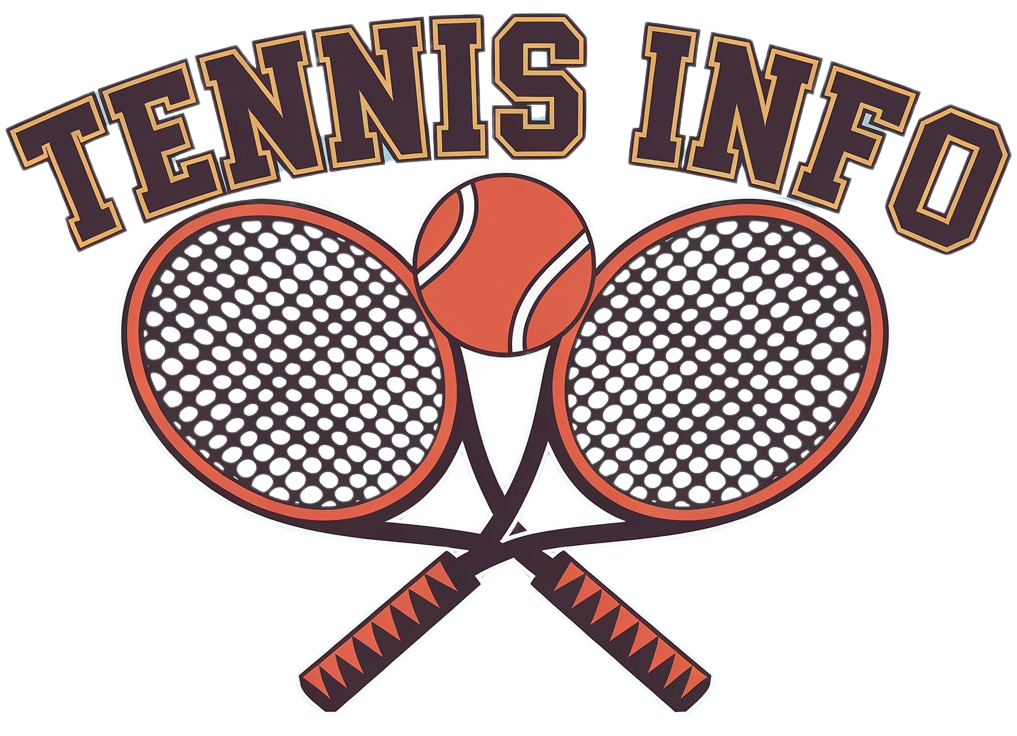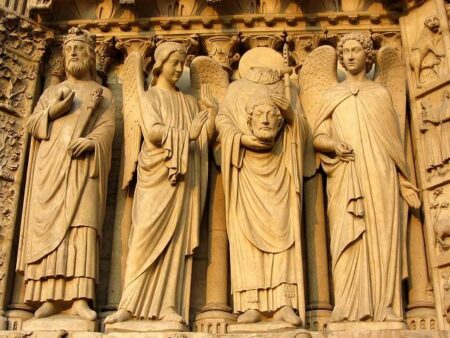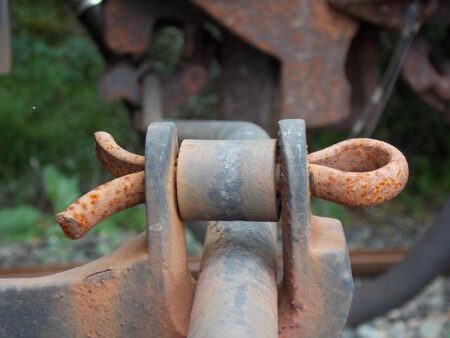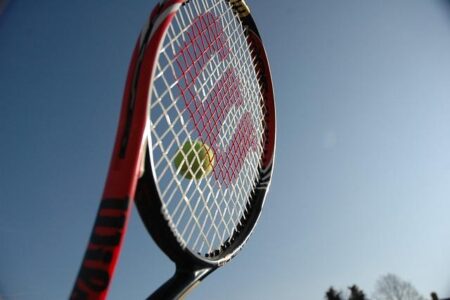Rafael Nadal wrote a protracted letter to tennis printed in full on the portal The Gamers Tribune. The sagnolo advised many anecdotes of his tennis profession, a few of that are decidedly little identified as a result of they aren’t linked to his most vital successes. One of many first episodes that he considers elementary in his schooling occurred across the age of 12 when the Spanish tennis participant says he discovered a lesson that’s nonetheless imprinted in his thoughts.
“I’m not sure how old I was exactly but I think I was around 12. At that age I loved going fishing. I love the sea, because I’m from Mallorca, and in my case the sea is part of my life. The feeling of being by the sea, sitting on the rocks with family and friends or on a boat: the disconnection and the peace you feel is something special. If people see me as a perfectionist it’s because of that inner voice. One day I went fishing when I could have trained.
The next day I lost the match. I remember I was crying in the car on the way home, and my uncle, who at that age had a big influence on me, and who was the one who made me fall in love with tennis, said to me: ‘It’s okay, it’s just a tennis match. Don’t cry now, it’s pointless. If you want to fish, you can fish. No problem. But you will lose.
If you want to win, then you have to do what you have to do first. It was a very important lesson for me. If people they see me as a perfectionist, it all comes from that inner voice that called me during the car ride home. That voice has never left me. One day I may be at the beach but today and tomorrow I have to train,” he wrote.
Rafael Nadal, 2024 Paris Olympics © Stream screenshot
Â
Within the lengthy gentle he wrote to tennis Nadal additionally went into element about an issue that at 17 may have prematurely ended his profession.
“I hurt myself when I was 17 and was told I would probably never play professional tennis again. I learned that things can end in an instant. It wasn’t just a little crack in my foot, it’s a disease. There is no cure, only management. It’s called Mueller-Weiss syndrome. What does it mean? You go from the greatest joy to waking up the next morning unable to walk.
I spent many days at home crying, but it was a great lesson in humility, and I was lucky to have a father – who had a lot of influence in my life – who was always so positive. We will find a solution, he told me. And if we don’t, there are other things in life outside of tennis. Hearing those words, I could barely process it, but thank God, after so much pain, surgeries, rehabilitation and tears, a solution was found and all these years I was able to fight it,” he added.
Nadal then talked concerning the many moments of pleasure in his profession.
“Tennis is a sport that demands a lot mentally, but there are many moments of joy that I will never forget. The Davis Cup in 2004, Roland-Garros in 2005, of course Wimbledon in 2008. US Open and Melbourne. And I don’t forget those tournaments like Madrid and Barcelona in my country, or Indian Wells, Miami, or Cincinnati or beautiful Monte Carlo, or the special atmosphere in Rome, or Shanghai and Beijing with those amazing fans… Canada, Mexico, Chile, Brazil, my first days in Buenos Aires… so many. I’m full of incredible memories. However, you can never stop pushing yourself. You can never relax. You always have to improve and this has been the constant in my life. To always overcome the limits and improve. This is how I became a better player,” defined.
 Nadal© Atp Tour
Nadal© Atp Tour
Â
What I favored most about this letter is the way it reveals the sense of self-denial and dedication of the legendary Spaniard, who made psychological power and resilience two of the strongest elements of his wonderful profession.
Rafa will likely be remembered as the best on-court tennis participant ever, however for my part that’s not sufficient to grasp the greatness of the Spaniard.
What many have usually underestimated all through his profession is the technical and tactical facet. Rafa was an unimaginable tennis participant and, even when he most well-liked a sure model of play, I wish to make individuals perceive how qualities corresponding to contact and sensitivity have been expertise that many have all the time underestimated in him. Solely as a result of, in all probability, Nadal tailored his tennis to the matches towards Roger Federer, within the golden age of their rivalry, earlier than the explosion of Novak Djokovic, which successfully occurred in 2011.
Extraordinary qualities, which needs to be celebrated, Extraordinary qualities, which needs to be celebrated, which have made – for my part – the Spaniard a very full tennis participant.
 Rafael Nadal, Monte Carlo 2016© Stream screenshot
Rafael Nadal, Monte Carlo 2016© Stream screenshot
Â






